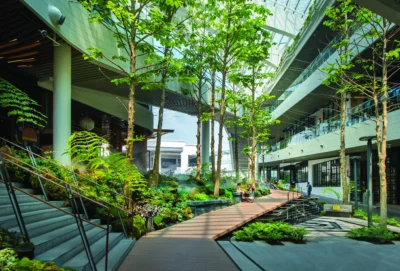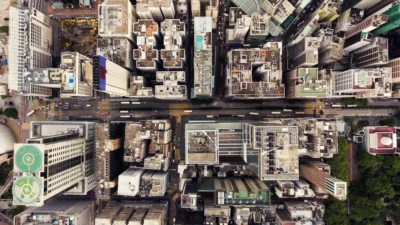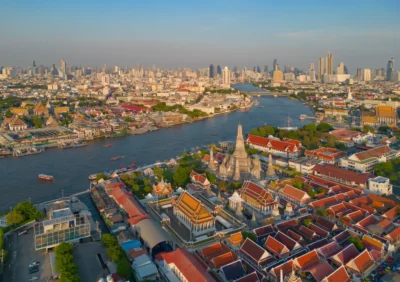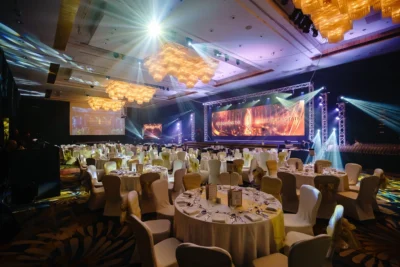Autocracies likelier to build skyscrapers: study
Soaring buildings, many with ‘vanity’ summits, proliferate in non-democratic regimes
Autocracies systematically build more new skyscrapers than democracies, argued a new paper by researchers at the University of Oslo.
Cross-referencing a Council on Tall Buildings and Urban Habitats (CTBUH) database, researchers Haakon Gjerløw and Carl Henrik Knutsen likened skyscrapers, buildings at least 150 metres high, to “modern white elephants”.
Such projects are likely to prosper in autocratic regimes in which excess spending meets less checks and balances than that in a democracy.
“In contrast, skyscrapers are fewer and — when first built — associated with less waste in democracies, and they are more frequently built urbanised democracies than in rural,” the researchers wrote.
A harsh autocracy builds 1.6 more skyscrapers every year on average than a high-scoring democracy, the paper stated via Quartz.
More: Dubai mulls freezing rents for three years
“Historically, grand castles, churches and temples have been typical examples of such leader-driven projects. The skyscraper, we argue, is a more recent example,” Gjerløw and Knutse wrote in a piece for The Washington Post.
“The high projects costs often dictate the use of state funding or other policies to ensure the building can be completed. This means political elites often play a crucial role, in practice — particularly in autocratic countries,” they added.
Skyscrapers in autocracies tend to feature “vanity metres”, excessive built areas measured as the distance from the highest occupied floor to the top of the building, the study noted.
Around 29 percent of the total height of Burj Khalifa, for example, consist of vanity meters, the authors concluded.
Other examples cited in the study include the 330-metre Ryugyong Hotel in Pyongyang.
Recommended
6 reasons why Bang Na is Bangkok’s hidden gem
This Bangkok enclave flaunts proximity to an international airport, top schools, and an array of real estate investment options
AI transforms Asia’s real estate sector: Enhancing valuation, customer interaction, and sustainability
From property valuation to measuring sustainability, AI is impacting nearly every aspect of Asia’s real estate industry
Bangkok’s luxury real estate flourishes amid economic challenges
New luxury mega projects boost the top end of Bangkok’s market, but stagnancy reigns elsewhere due to weak liquidity and slow economic growth
Investors shift focus to suburban and regional markets as Australian urban housing prices surge
Investors are gravitating to suburban areas and overlooked towns as Australia’s alpha cities see skyrocketing demand and prices







